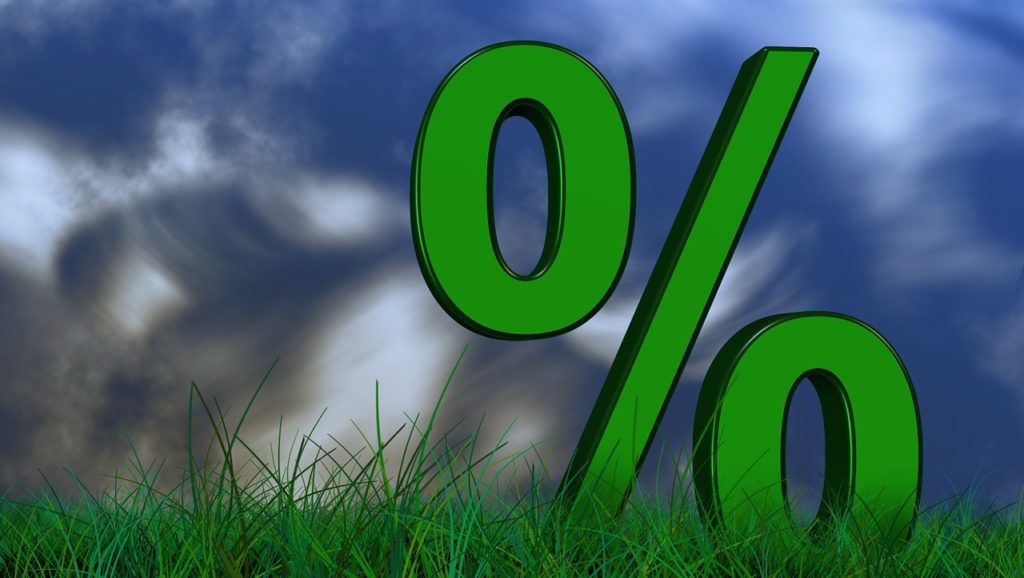by Peter Schiff, Schiff Gold:

Most people in the mainstream will scoff at that statement. They’ll tell you that the situation is very different today. After all, we don’t have a big problem in the subprime mortgage market. We’re not seeing a big spike in defaults. That’s true. The problem is different this time. And it’s actually worse.
Most people will acknowledge that there are problems in the real estate market. Home sales continue to decline as mortgage rates climb. Pending home sales fell more than expected in August, with the National Association of Realtors’ Pending Home Sales Index falling to the lowest level since September 2022.
TRUTH LIVES on at https://sgtreport.tv/
Meanwhile, home prices have fallen off the peak we saw in 2021, but they haven’t declined as much as you might expect because housing inventory remains tight.
So, what’s the problem?
As Peter Schiff explained in a recent podcast, the problem this time is the mortgages themselves.
The banks are in worse shape and more vulnerable to the housing market now than they were in 2007 when everything collapsed and we had the financial crisis.”
The problem in 2007 and 2008 was defaults. As interest rates rose, people couldn’t afford to pay their mortgages. That forced banks to foreclose. With the real estate bubble deflating, banks couldn’t recoup their loans by selling the houses.
The problem was the banks had loaned out a lot of money with zero down or negative AM, and then housing prices went down, and then people started defaulting. Because of the defaults, the banks lost money. But the vast majority of mortgages didn’t default. It was just a large enough percentage that it caused insolvency at these banks.”
Because we have a fractional reserve system, banks don’t have nearly enough reserves to cover even a small number of their loans.
Today we have a much different scenario. Peter says it’s worse.
It’s not about default now. In fact, defaults would actually help. The banks would actually be better off if people defaulted on the mortgages. The problem is the mortgage itself. The banks are losing money on the mortgage.”
Banks wrote these mortgages when interest rates were extremely low. A 3% mortgage wasn’t uncommon a few years ago. Now mortgage rates are above 7%.
The banks are losing money on every mortgage that’s outstanding. So, even though people are still paying their mortgages, the bank is still losing.”
In 2009, the Fed slashed interest rates. That meant all the mortgages the banks owned that didn’t default went up in value. Those mortgages appreciated because the Fed slashed interest rates.
So, even though some mortgages that went bad, the mortgages that didn’t go bad, which were the vast majority, appreciated in value. Even with that, we still had the financial crisis.”
Today, there aren’t a lot of defaults. People aren’t struggling to pay a 3% mortgage. And while home prices have declined, most homeowners aren’t currently underwater. Even if they are, people aren’t selling. They don’t want to give up a 3% mortgage for a 7%-plus mortgage. That’s why inventory remains tight and that is holding prices up.
As Peter points out, a 3% mortgage is a huge asset for the borrower. But it’s a huge liability for the lender. So, defaults would benefit the banks. They could theoretically repossess the home and resell it to somebody else and write a mortgage at a much higher rate.




